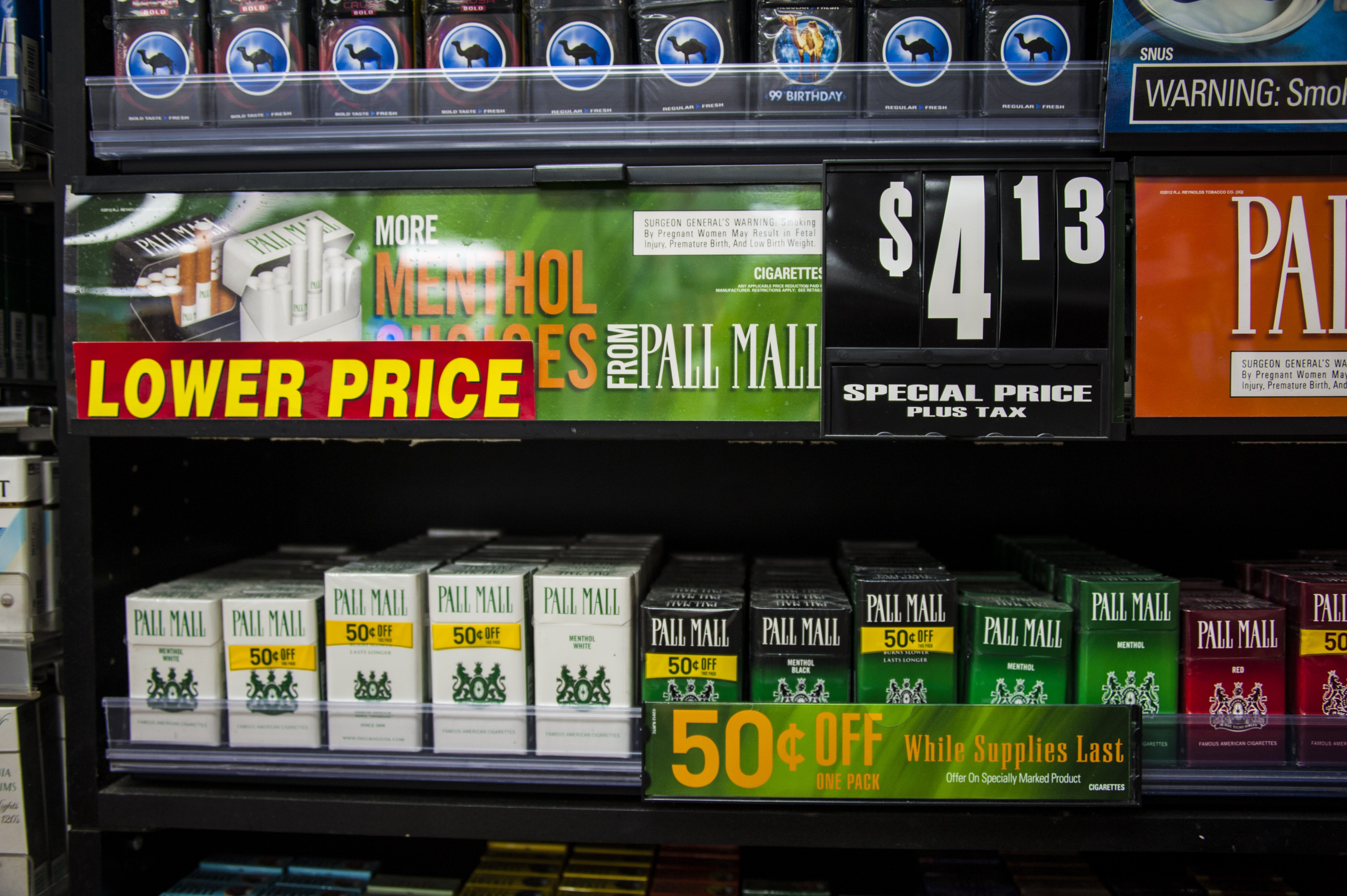
On July 7, 2021, Rhode Island’s governor signed into law a policy bringing the state in line with federal law by raising the minimum legal sales age for tobacco products to 21.
The updated policy also extends the state’s prohibition on the distribution of free tobacco products to prohibit the distribution and/or redemption of discounted tobacco products as well. With this policy, Rhode Island joins New York and New Jersey, becoming the 3rd state to prohibit discounts and coupon redemption. The state’s policy also follows the long-time example of it’s capital city, Providence, which was the first place in the nation to ban price discounting in 2012. Learn more in this case study: Regulating Price Discounting in Providence, RI.
Raising the price of tobacco products one of the most effective strategies for reducing initiation, decreasing consumption, and increasing cessation. It also has a pro-equity effect on smoking.[1] While raising excise taxes is the gold standard for raising the price of tobacco products, tobacco companies often undercut the impact of those increases by offering discounts (e.g. buy-one-get-one or other multi-pack offer, $.50 off). In fact, according to the Federal Trade Commission, price promotions accounted for over 85% of the industry’s advertising and promotional expenditures in 2019. Prohibiting discounting and coupon redemption can not only raise tobacco prices but also reduce the tobacco industry’s racial and geographic targeting by preventing price manipulation by geographic area or brand. For example, studies show that menthol cigarettes, little cigars, and cigarillos in particular are more frequently discounted in African American neighborhoods.[2]
Prohibiting discounts can also help prevent youth tobacco use initiation. Lower tobacco prices encourage youth to initiate tobacco use and, along with coupons and other price discounts, encourage youth to move from experimentation to regular smoking.[3] A study published last month in the journal Tobacco Control also found that youth who received price promotions for cigarettes, e-cigarettes, or cigars were 77% more likely to have initiated tobacco use one year later.[4]
While price discount bans are most effective when paired with minimum floor prices for tobacco products, this is a huge step forward for tobacco prevention and health equity in Rhode Island.
Learn more about banning price discounting and other point-of-sale tobacco pricing policies.


